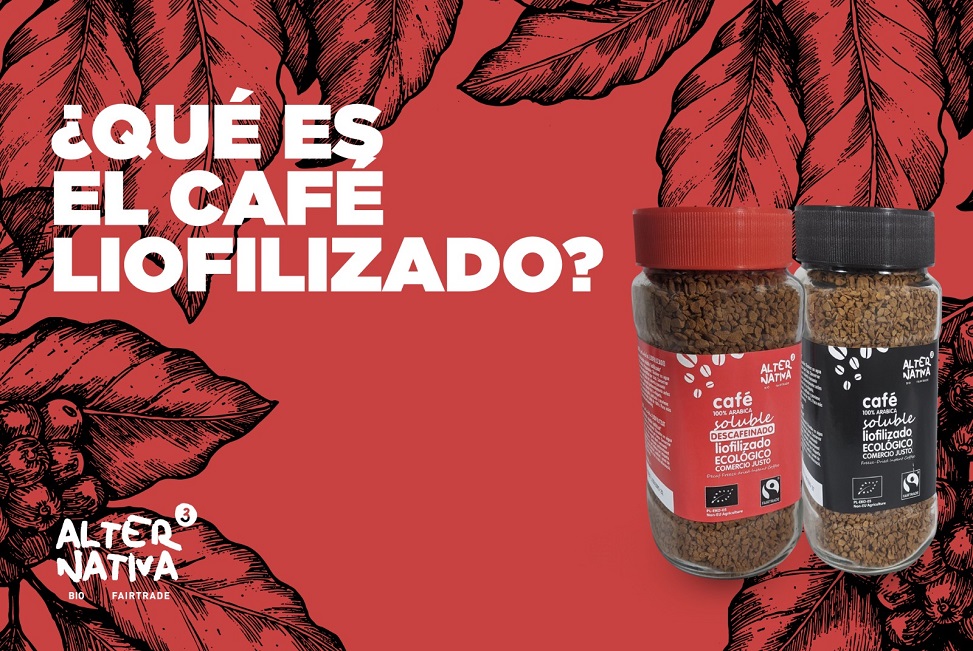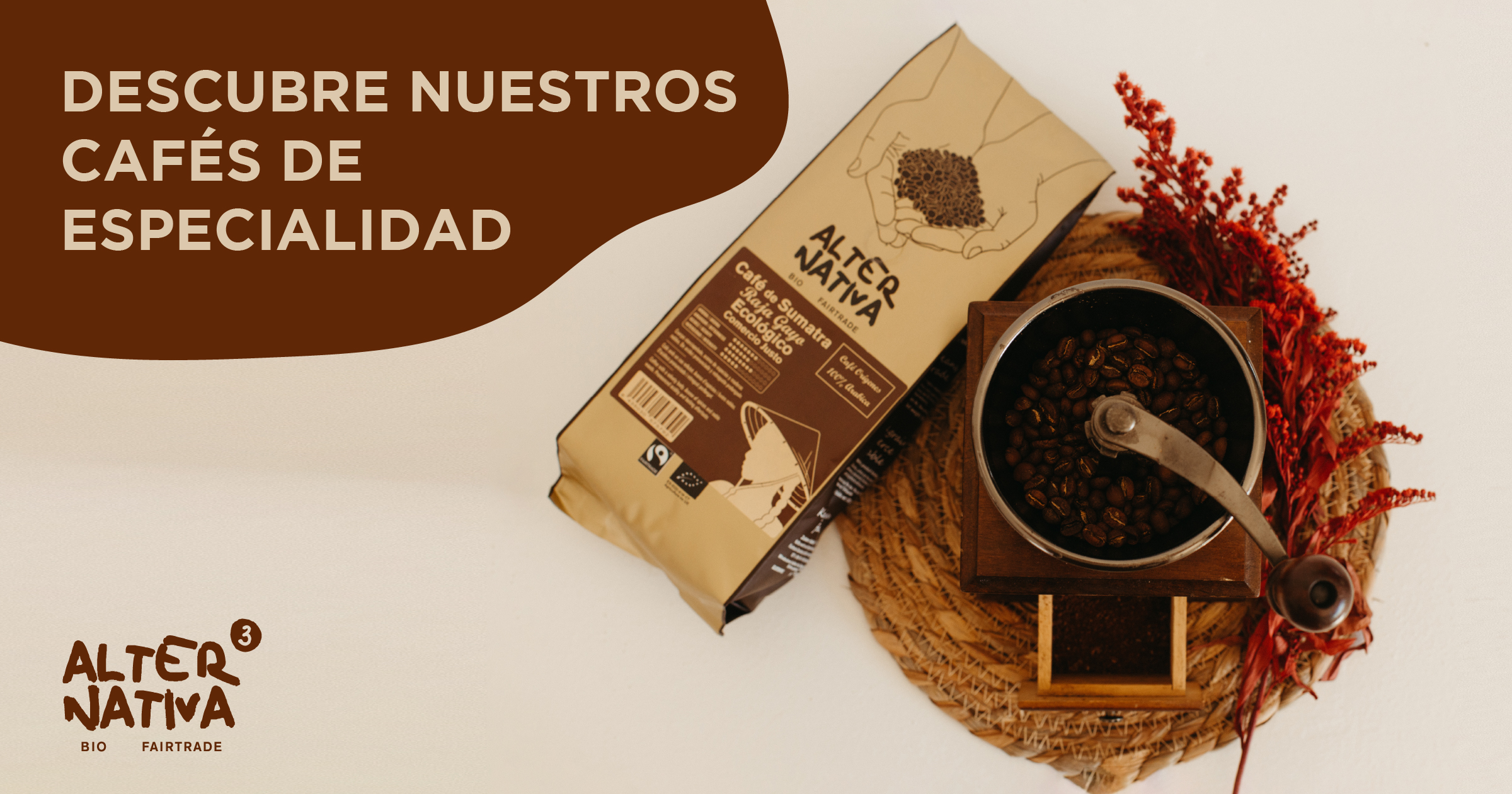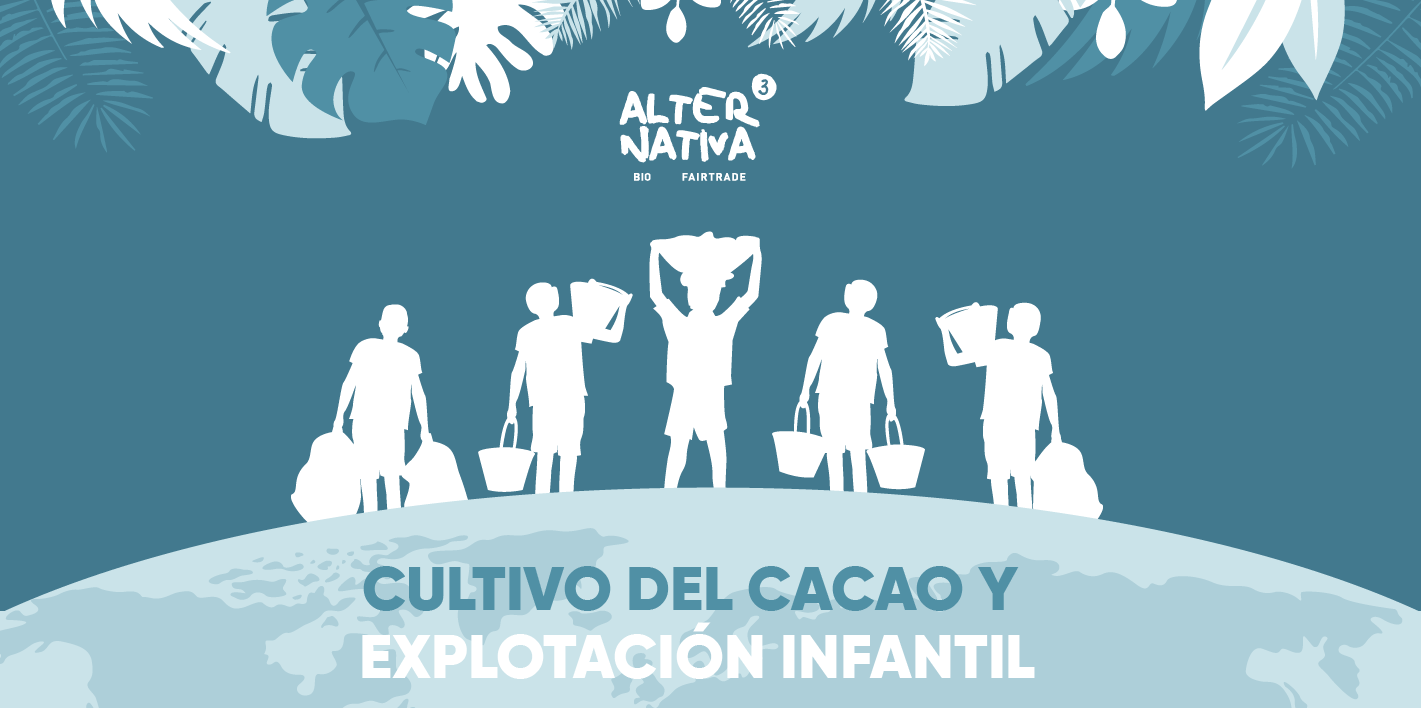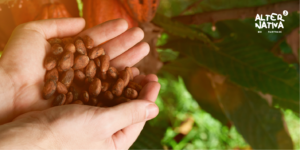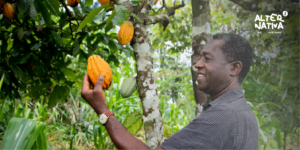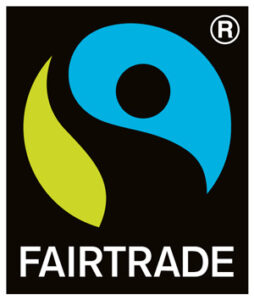What is freeze-dried instant coffee?
Freeze-dried coffee is an instant drink that, upon coming into contact with water, regains its fundamental characteristics in seconds. This coffee is gaining popularity in Spain, where more and more people consume it due to its immediacy in preparation and practicality.
Today, we are going to talk about this delicious coffee and we will get to know all the details about how it is made, what its advantages are… and, of course, where to find it.
Is freeze-dried coffee the same as soluble coffee?
The freeze-drying process is the method that best preserves the aroma and flavor of instant coffee. Unlike soluble coffee, freeze-dried coffee does not undergo any chemical manipulation and is therefore more environmentally friendly and more complex.
To make soluble coffee, the coffee powder is extracted, concentrated and dried by spraying. In this process, the aroma and flavor are lost, so it is necessary to add those again later artificially.
In the freeze-drying process, the coffee is subjected to ultra-freezing. Afterwards, it is placed in a chamber that dehydrates it directly. And, this way, the coffee retains all its organoleptic properties intact.
How is freeze-dried coffee made?
To make freeze-dried coffee, expert hands are required, since it is a complex process. Here is how it is made step by step:
- ROASTING. First, the coffee is roasted at high temperatures to obtain its unmistakable aroma, flavor and color.
- GRINDING. Next, the coffee beans are ground.
- EXTRACTION. Afterwards, it is placed in closed tanks where it is subjected to a solid-liquid extraction process by injecting hot water at high pressure.
- CLARIFICATION. Later, the coffee is filtered and cooled, by lowering the temperature to the point where ice crystals are formed. Dry air is then incorporated into the extract at low temperatures.
- FREEZING. Finally, the extract is frozen at approximately -50ºC and undergoes a sublimation process. That is, it evaporates because of vacuum and temperature.
And… voilà! Finally, we have a freeze-dried coffee.
Now all you have to do is enjoy it by simply adding water, milk or vegetable drink to obtain the infusion again with all the aroma and flavor characteristics perfectly preserved.
Advantages of freeze-dried coffee
The main characteristics of freeze-dried coffee are:
- You can easily prepare your coffee in a flash.
- It dissolves easily in both hot and cold water or milk.
- It can be easily mixed with other products to make more complex drinks (cappuccinos, mocha or coffees with more or less milk).
- It preserves the aroma and flavor for longer periods of time.
Is any freeze-dried coffee a good choice?
As with all coffees, the most important thing is the origin and type of coffee. Therefore, in AlterNativa3, our freeze-dried coffee is 100% Arabica, considered the highest quality bean.
Plus, our freeze-dried coffee is organic and Fair Trade, so it takes care of you and the planet. Would you like to try it?
